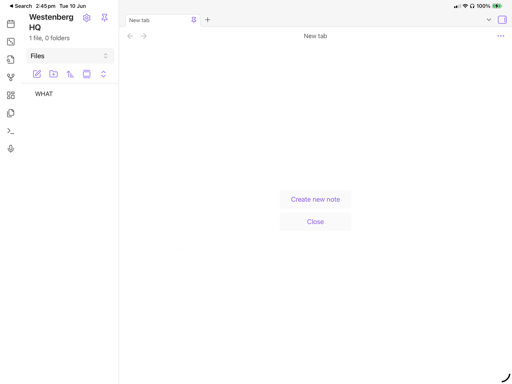For years, I had been building what technologists and lifehackers call a “second brain.” The premise: capture everything, forget nothing. Store your thinking in a networked archive so vast and recursive it can answer questions before you know to ask them. It promises clarity. Control. Mental leverage.
But over time, my second brain became a mausoleum. A dusty collection of old selves, old interests, old compulsions, piled on top of each other like geological strata. Instead of accelerating my thinking, it began to replace it. Instead of aiding memory, it froze my curiosity into static categories.
And so…
Well, I killed the whole thing.



Interesting article. I wonder if just deleting this was the right move tho. Maybe they could have stored it away somewhere and ignored it indefinitely.
I’m not really familiar with these tools, but it seems like they’re not being used as the type of constraint that enables exploration and creative expression. Dunno if that’s a fundamental characteristic of the tool.
One of the most useful insights I came across in the digital humanities was that meaningful language use was performative, as well as subjective and situated.
Reminds me a bit of Casaubon in Middlemarch.
There’s this approach to creativity where you force yourself to do a first draft (even if it sucks), to make sure your brain knows what you want it to produce. Then you get rid of the first draft, take a little bit of time off so your brain can work on the problem “in the background”, and then start working on the real draft.